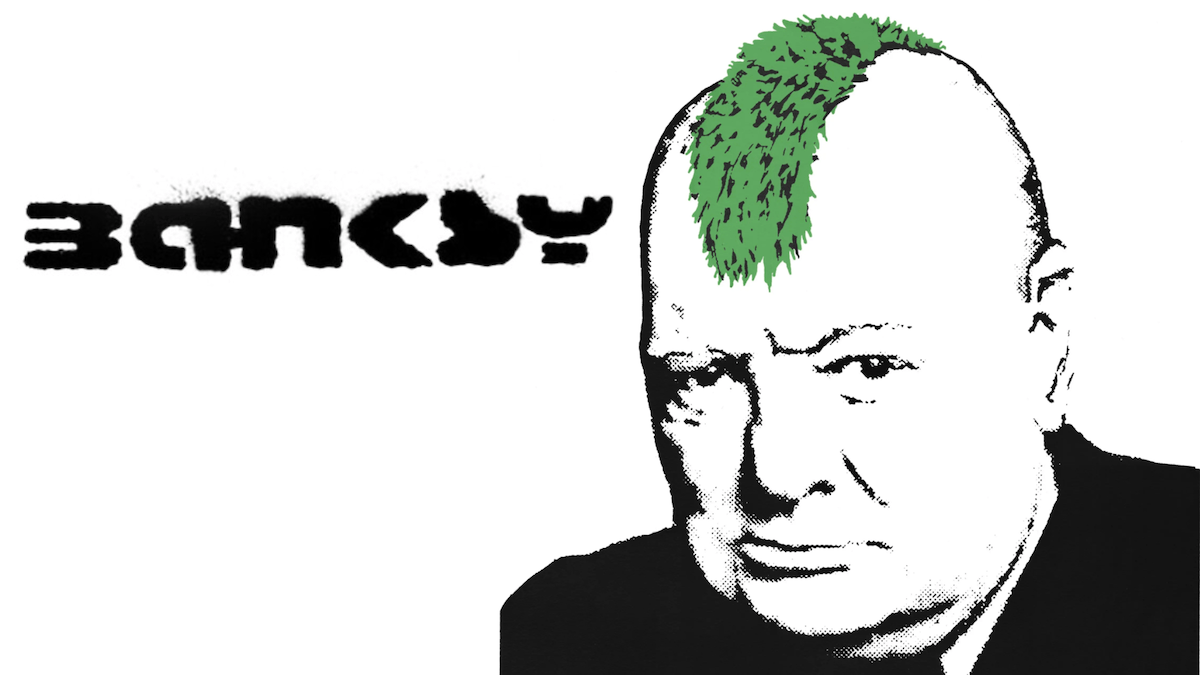10101.art has unveiled a distinctive Banksy art sale, where each NFT is uniquely linked to an actual piece of Banksy’s artwork. This approach aims to set a new standard in integrating digital and physical art forms, diverging from past practices of digital-only Banksy representations on the blockchain.
Banksy’s Rising Popularity and the NFT Market Boom
Banksy’s artwork has earned widespread acclaim for its provocative, politically charged themes, as well as its strong performance in the art market. In June 2021, the average annual sold price for Banksy prints reached £64,794, showing the high levels of interest in the artwork.
Additionally, his first official solo exhibition in 14 years, held at Glasgow’s Gallery of Modern Art, attracted a record-breaking 180,000 visitors within ten weeks. Banksy’s screenprints at Christie’s Auction garnered prices ranging from £7,500 to £475,000, reflecting the considerable value of his art.
Meanwhile, the NFT market is witnessing a resurgence, evidenced by Disney’s plans to create an NFT platform by late 2023. Moreover, October witnessed a buoyant period for the NFT market with an increase in trading volume and blockchain game transactions. Make no mistake, the NFT market is on the up, and ready to face future challenges.
NFTs Find New Value as Authentic Banksy Art Pieces
The technique adopted by 10101.art involves linking each NFT to a physical fragment of Banksy’s art, ensuring that every token represents ownership of a tangible artwork. This method deviates from prior practices, which either destroyed Banksy’s art to produce a digital equivalent or replicated NFTs without any physical connection.
10101.art’s first major sale features fragments of Banksy’s “Turf War,” depicting Winston Churchill. This sale incorporates an offline inspection, authentication, and legal registration process, granting fragment owners legally recognized co-ownership of the artwork. The sale provides a rare opportunity for art enthusiasts and Banksy fans to own a piece of his work while blending the physical and digital aspects of the art collection.
Credit: Source link






























